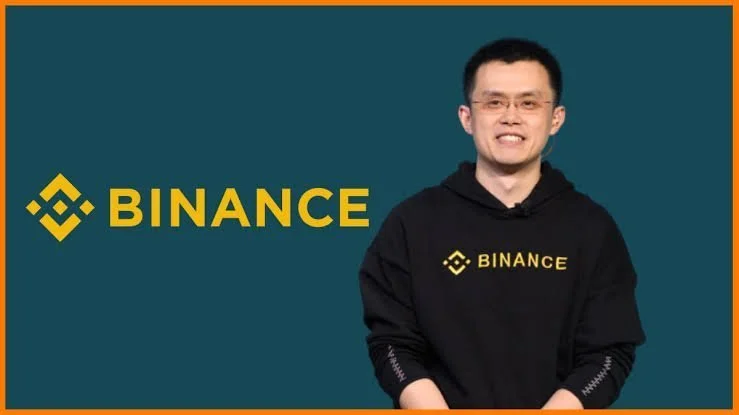CZ outlines his personal and economic history with China and why it’s unfair to call Binance Chinese-controlled.

Binance CEO Changpeng Zhao (CZ) has made a statement on the Binance blog to clear up some of the confusion around Binance’s connection with China.
He said that contrary to rumors, Binance is not based in China and that a Chinese employee is not behind the company’s hidden operations.
CZ’s Relationship with China in the message released on Thursday, CZ first discussed his background with China.
History : Binance and China
Only two months after the events of June 4th, 1989, when he was 12 years old, he and his family escaped the country to Canada.
“It changed my life forever and opened up endless possibilities for me,” he wrote.
Returning to China in 2005, CZ founded the Bijie Tech exchange-as-a-service company in 2015. But in March of 2017, the Chinese government banned the exchanges, thereby ending the industry.
The Chinese government unilaterally banned cryptocurrency exchanges on September 4th, less than two months after CZ and his team launched Binance.
This compelled Binance to switch to a remote work paradigm, which ultimately resulted in the incorporation of employees from all over the world.
The Guanying Chen Debate
Guanying Chen, a Chinese national, worked for the CEO at his first company, Bijie Tech, as the CEO claims.
Since CZ, a Canadian citizen, was subject to China’s severe restrictions regarding foreigners, he had her named as the company’s legal representative at the time.
“Because her name is listed on the early Bijie Tech documents, Binance’s detractors have leaped at the opportunity to spread a conspiracy theory that Guangying was secretly the owner of Bijie Tech and possibly even Binance.” explained the executive.
A Fortune piece from this past Monday is just one example of many recent media reports that imply Binance has strong ties to China because of its inception there.
In light of the fact that Binance is “headed by folks of Chinese ethnicity,” the aforementioned article argued that it should be banned in India, much like TikTok had been.
CZ claims that Chen was expelled from China in 2017, but that “conspiracy theories” concerning her are still being disseminated by several Chinese media outlets and occasionally picked up by tabloids.
He currently resides in Europe while leading Binance’s administrative and clearance staff.
Despite efforts from its “enemies in the west” to characterize Binance as a Chinese corporation, the CEO comes to the conclusion that Chen is not a “secret Chinese government agent” and that Binance is not a Chinese company.
Cryptocurrency Misinformation and Disinformation Campaigns
The head honcho of a crypto company pointed out that negative FUD tactics are commonplace in the business, and they are often launched by companies themselves.
He said that some markets had even set up “sock puppet” newsgroups that were actually sites devoted to attacking rival markets.
When news outlets promote rumors of fraud or instability concerning the largest stablecoin issuer, Tether, the company often responds with remarks.
Tether, Inc. responded to complaints made by the Wall Street Journal (WSJ) on Tuesday, saying the newspaper was unfair to single out the company since the same points could be made about any stablecoin provider.
“These types of attacks are only becoming more sophisticated,” said CZ. “These types of campaigns erode trust in the entire industry.”
